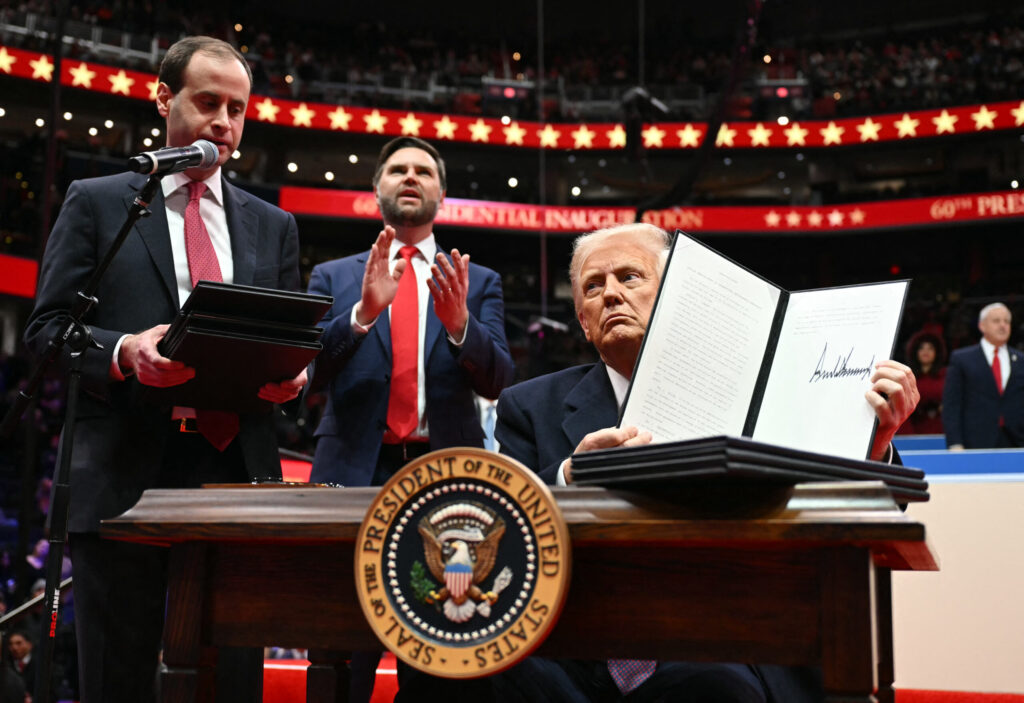Climate Chaos: Inside America's Global Environmental Retreat

President Donald Trump's inaugural executive order, Putting America First in International Environmental Agreements, represents a bold and complex approach to environmental diplomacy that blends clear directives with nuanced legal implications. The order skillfully weaves together straightforward policy provisions alongside elements that challenge traditional international environmental protocols.
At its core, the executive order signals a dramatic shift in the United States' approach to global environmental negotiations. By combining direct policy statements with more ambiguous provisions, Trump's directive seeks to reframe America's environmental commitments through a lens of national interest and strategic flexibility.
The order's multifaceted nature reveals a sophisticated strategy that goes beyond simple rejection of international environmental frameworks. Instead, it carefully constructs a new paradigm where American environmental engagement is fundamentally reimagined, prioritizing domestic economic considerations while maintaining a strategic posture in global environmental discourse.
Legal experts and environmental policy analysts have noted the order's intricate balance between transparent policy objectives and more cryptic provisions, suggesting a deliberate approach designed to maximize diplomatic and economic maneuverability for the United States.
